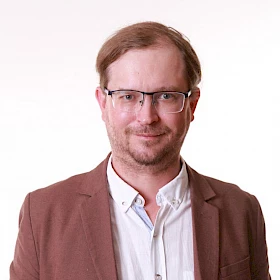Cyprus to Host MED9 Summit on Drought
Cyprus will host the MED9 summit of agriculture ministers focusing on drought. The event, scheduled to take place from September 1 to 3, will bring together agriculture ministers from nine Mediterranean and Southern European countries.
According to Agriculture Minister Maria Panayiotou, this summit will be the first instance where a MED9 meeting is dedicated specifically to addressing the impact of drought on primary production.
The MED9 group consists of nine Mediterranean and Southern European member states: Croatia, Cyprus, France, Greece, Italy, Malta, Portugal, Slovenia, and Spain.
Cyprus is leading this group throughout 2024. The Cypriot Ministry of Agriculture is using its presidency to organize meetings with the nine agriculture ministers prior to an informal EU Council of Agriculture Ministers meeting in Brussels.
“We supported Cyprus’s request to the European Commission for assistance in overcoming the adverse conditions caused by the prolonged drought, which was presented to the Council of Agriculture Ministers last April,” said the minister.
The MED9 summit will be held in the Famagusta area and will include participation from all nine agriculture ministers, as well as EU Commissioner for Agriculture Janusz Wojciechowski.
The goal of the summit is to develop a unified policy to protect the future of farmers, the agri-food sector, food security, and biodiversity.
For the visiting ministers, there will be thematic tours of agricultural facilities and public water management infrastructure on the island.
“These visits will provide a better understanding of the specific challenges faced by Cypriot agriculture,” emphasized the minister.
You may also be interested in:
- Scammers impersonate Revolut and call via Viber
- Cyprus authorities consider using state aviation for emergency patient transport abroad
- Cyprus prepares restrictions on real estate purchases by foreigners
- Car and motorcycle collide in Nicosia
- Cyprus pension organizations outraged by postponement of auto insurance law vote


